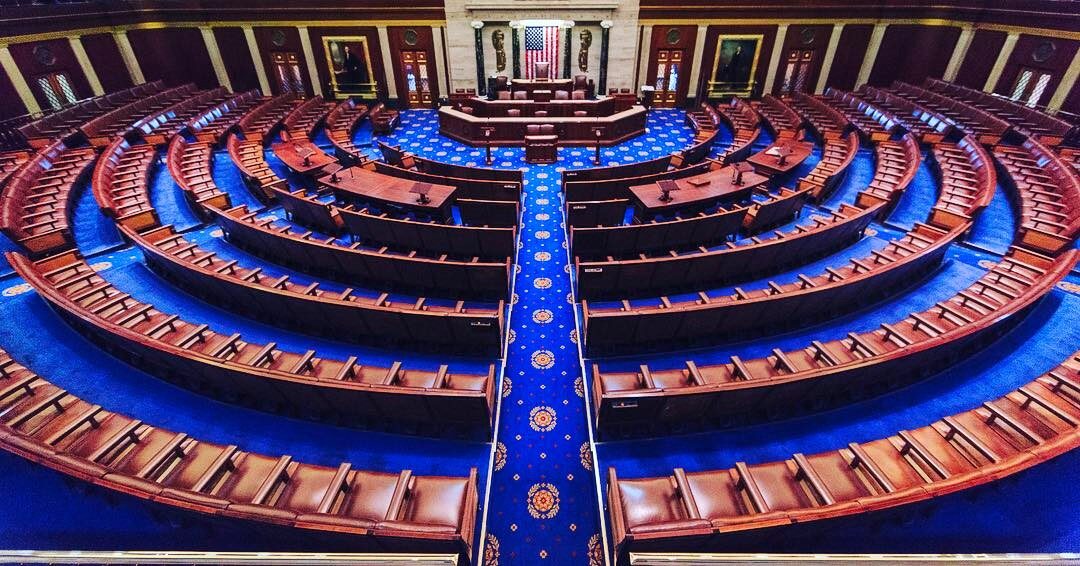The Pew Charitable Trusts are launching an initiative to rapidly accelerate the deployment of distributed energy sources (DERs) across the U.S..
DERs are resources connected to the distribution system close to the load, such as solar, microgrids, energy storage, electric vehicles and more.
Pew’s new initiative builds upon its U.S. climate initiatives that focus on removing barriers to clean energy deployment, accelerating the pace of grid modernization, and using nature-based solutions to absorb carbon and create resilient landscapes and communities.
In a recent blog by Tom Dillon senior vice president and oversees The Pew Charitable Trusts’ environmental work, and Laura Lightbody, a director who leads The Pew Charitable Trusts’ energy modernization project, emphasized that how communities deploy clean energy is a key issue in upcoming elections around the world.
Over the next few months, citizens in more than 60 nations will choose leaders who will shape the future of those countries—and our planet. A key issue in many of these elections is how communities can help deploy clean energy—and build up local economies—in order to reduce greenhouse gas emissions.
Pew’s bipartisan initiative intends to develop a roadmap for how the U.S. can accelerate the growth of DERs. The initiative will include other industry and regulatory experts, equity- and community-centered organizations, and utility representatives.
Across the country microgrids are bringing power to where it’s needed the most. In Humboldt County, California, for example, three solar-plus-storage microgrids will transform a 142 mile-long distribution circuit that serves three tribes. These microgrids are expected to reduce outage hours in the area served by 90% and the cost is expected to be about half the cost of improving reliability by undergrounding power lines, according to the designer, Schatz Center.
In North Carolina, in the wake of Hurricane Helene, several non-profits and solar companies have teamed up to bring solar and battery microgrids to the hardest hit areas. These microgrids and solar-powered generators are enabling those without power to charge cell phones, power medical and mobility devices, use WiFi, and even to power dehumidifiers that pull water out of the air, and then they filter and sanitize if for drinking water.
The value of DERs in microgrids is clear, and the initiative intends to give policymakers the tools needed to scale the use of DERs, and to equip communities with the resources needed to ensure equitable access to the financial and environmental benefits.
Joining Pew in this effort to democratize energy production are two energy sector leaders. Audrey Zibelman is a former chair of the New York State Public Service Commission, where she oversaw massive regulatory reform of the electric industry to support a decarbonized grid. Pat Wood has long championed the decentralized, decarbonized, dependable, democratized, and digitized future of power, and served as the chairman of the Public Utility Commission of Texas and of the Federal Energy Regulatory Commission under former President George W. Bush.
The Pew Charitable Trusts is the sole beneficiary of seven individual trusts established between 1948 and 1979 by family members of Sun Oil Co. founder Joseph N. Pew and his wife, Mary Anderson Pew. In recent years the organization has worked on environmental issues, helped Indigenous people on conservation efforts and addressed challenges for people disproportionally affected by inequities.
This content is protected by copyright and may not be reused. If you want to cooperate with us and would like to reuse some of our content, please contact: editors@pv-magazine.com.









By submitting this form you agree to pv magazine using your data for the purposes of publishing your comment.
Your personal data will only be disclosed or otherwise transmitted to third parties for the purposes of spam filtering or if this is necessary for technical maintenance of the website. Any other transfer to third parties will not take place unless this is justified on the basis of applicable data protection regulations or if pv magazine is legally obliged to do so.
You may revoke this consent at any time with effect for the future, in which case your personal data will be deleted immediately. Otherwise, your data will be deleted if pv magazine has processed your request or the purpose of data storage is fulfilled.
Further information on data privacy can be found in our Data Protection Policy.